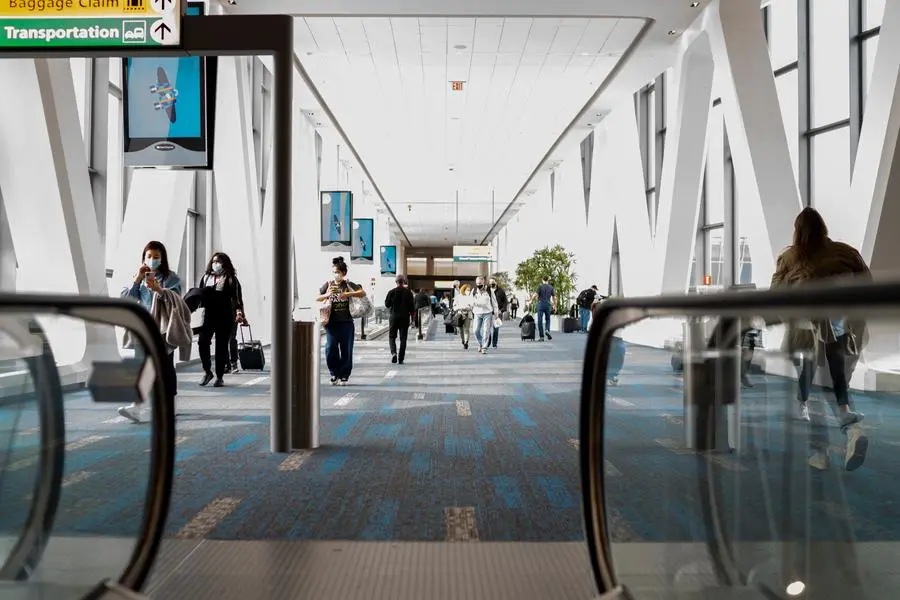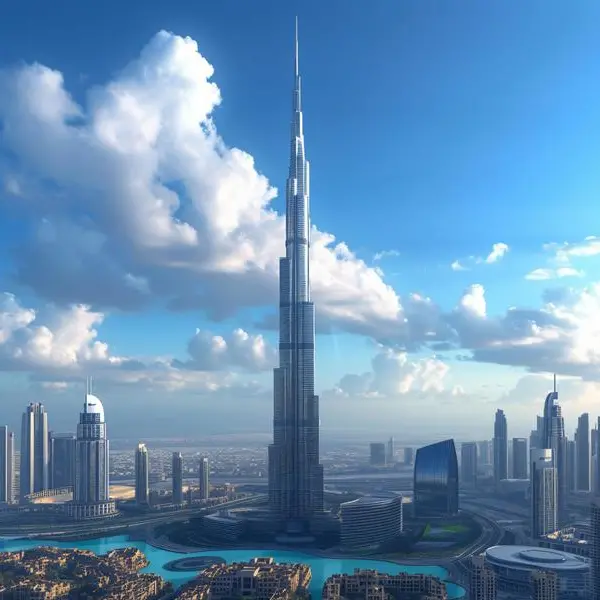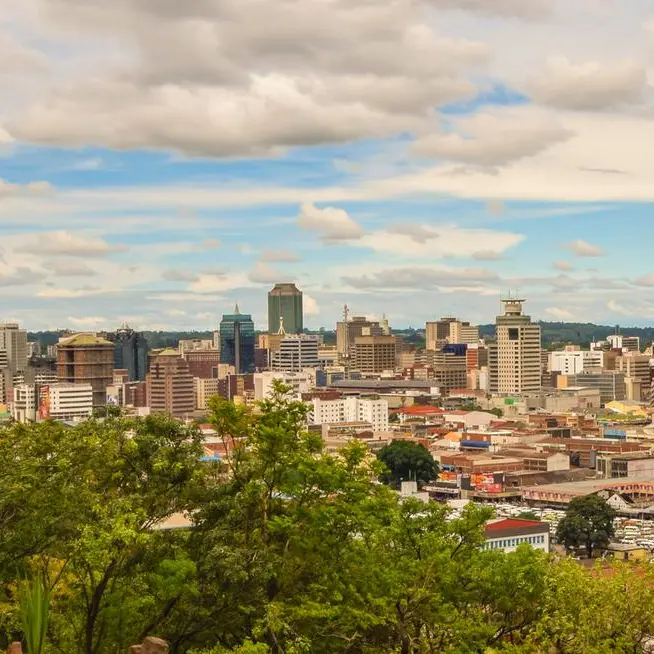PHOTO
Dubai: The Middle East and North Africa (Mena) region has emerged as one of the main regions driving growth in affluent travel, recording high spending, while also displaying an appetite for sustainable eco-luxury and meaningful cultural experiences.
Mastercard’s latest report, ‘Affluent Travel: A Middle East Perspective’, released during the Arabian Travel Market 2024, unpacks some of the key trends.
The appetite for new experiences in unexplored destinations, micro-trips and ‘bleisure’ will likely drive the growth of the global luxury travel market, which is expected to grow by 7.9% (CAGR) between 2024 and 2030, according to Grand View Research. While the world awaits the emergence of the first trillionaires, high-net-worth travellers contribute approximately 36% of the global spend on travel as stated in a Jones Lang LaSalle study.
“At Mastercard, we are committed to connecting people to their passion for travel. This report gives a great snapshot of how high-net-worth individuals choose to travel, and it’s wonderful to see sustainability, cultural immersion and purpose as key considerations, along with quality accommodation, seamless technology and loyalty benefits. We will continue to harness the power of partnerships with leading industry players to come up with innovative solutions that unlock access to a whole new world of unparalleled travel experiences,” said Amnah Ajmal, Executive Vice President of Market Development EEMEA, Mastercard.
As per YouGov research, over a third (36%) of luxury travellers say they want to experience different cultures. The combination of business and leisure, or ‘bleisure’, is also resulting in more remote work trips as digital nomads change the face of travel. Affluent travellers are almost twice as likely as the global average to have taken a vacation as an extension to a business trip. Furthermore, Marriott Bonvoy's research also showed that solo travel is being embraced, with 70% of respondents in the UAE and 69% in Saudi Arabia saying they’ve travelled solo.
Seeking out sustainable credentials and authentic eco-luxury
Affluent consumers are keen adopters of the conscious travel trend and place a premium on the authenticity of eco-luxury experiences. These include associating with travel brands that support local communities. Globally, one in 10 consumers have stayed in luxury eco-friendly accommodation in the last three years, compared to five of 10 among 18–34-year-old affluents. According to Euromonitor, a sizeable 38% of luxury seekers are willing to pay between 30% and 50% more for sustainable travel features such as energy-efficient services. A quarter would pay even more to find less carbon-intensive transport.
Meaningful experiences over material things
The YouGov report notes that this discerning segment places more emphasis on experiences than on physical goods. More than half of affluent travellers, compared to 43% of the global total, prioritize meaningful travel experiences over shopping and souvenirs. Close to a quarter say that they are willing to pay more for a remote destination experience, customised tours to connect with local culture and eco-friendly resorts.
Personalisation, privacy and pampering
Luxury travellers are prioritising unique personalized experiences over location. However, they also want their money’s worth in the form of exemplary customer service and pampering. Quality luxury accommodation is a high priority, with 27% saying they would pay more for villas and chalets in secluded and private locations and 21% happy to splurge on luxury stays on a private island. Younger affluent travellers are more likely to pay more for Michelin-starred or unique gourmet experiences. According to Marriott Bonvoy research, light, air, temperature, and sound in future hospitality spaces guided through digital concierges will recognise and respond to guests in real-time, based on mood, schedules, and health requirements.
High-spending loyalty supporters
Based on the average spend per card by the origin market, GCC travellers are among the highest spenders. According to a 2023 Mastercard Economics Institute report, Kuwaiti tourists, for instance, spend an average of $3,390 per card in Paris, five times as much as their American counterparts. High-net-worth individuals are also power users of loyalty schemes and membership cards – 34% versus the overall average of 24%. Exclusive airport lounges, as well as priority check-in and boarding, are among the most used perks of loyalty membership, highlights the Euromonitor report.
As wealth migrates to younger generations, Millennials (aged 30 to 44 years) now comprise the highest percentage of luxury seekers, followed by Gen Z (aged 15 to 29). Within the GCC, however, Gen X (aged 43 to 58 years) is expected to make the highest contribution to travel growth, according to Arabian Travel Market. While much of the world is still catching up to pre-pandemic travel levels, MENA is the only region to show airport arrivals at 22% above 2019 numbers. According to the World Tourism Barometer, specific destinations such as Qatar (+90%) and Saudi Arabia (+56%) have contributed to this surge.
© Muscat Media Group Provided by SyndiGate Media Inc. (Syndigate.info).





















